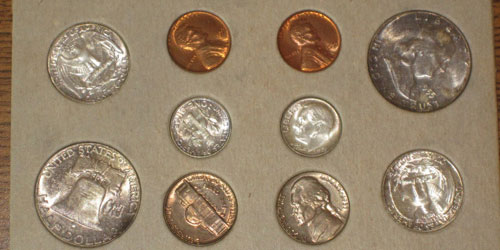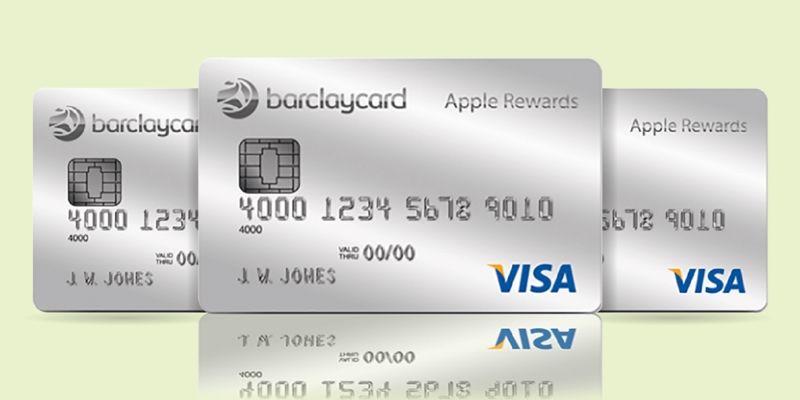The Endowment Effects Role in Your Finances: Insights and Implications
Dec 14, 2023 By Susan Kelly
The endowment effect is a concept in behavioral finance. It describes a situation where a person values something they own more than if they didn't. This divestiture aversion effect often occurs with items that hold emotional or symbolic meaning. However, it can also happen just because someone owns the item.
For instance, consider someone who buys a case of wine at a modest price. Later, if they get an offer to sell this wine at a slightly higher market value, the endowment effect might lead them to refuse it. Even though selling would bring financial gain, the owner might wait for a higher offer or drink the wine themselves. This refusal is due to the owner valuing the wine more because they own it. This effect influences wine owners, collectors, and company owners who see their possessions as more valuable than market estimates.
Rational choice theory, a foundation of economic and finance theory, views this behavior as irrational. Yet, behavioral economists and finance experts attribute this seemingly irrational behavior to cognitive biases affecting decision-making. According to them, a rational person should value the wine at its current market price, considering they could buy an identical case for that amount if they sold their own.
The Origins of the Endowment Effect Concept
The term “endowment effect” was introduced by economist Richard Thaler in 1980. Thaler, who later won the Nobel Prize, often worked with Daniel Kahneman and Avos Tversky. Their research areas frequently intersected. While Thaler focused on the endowment effect and similar economic behaviors, Kahneman and Tversky explored loss aversion and cognitive biases affecting consumer choices.
When Thaler first discussed the endowment effect, it contradicted conventional economic theories. The prevailing belief was that the price someone is willing to pay for an item should match their willingness to accept losing it. In other words, buying and selling prices should align. However, studies on the endowment effect revealed this isn't always true.
Example of the Endowment Effect

When we look at endowment effect examples daily, they're standard. People often overvalue things they own, from small personal items to significant assets like cars or houses. This overvaluation is not just about the monetary worth but also the sentimental value attached to these items.
In the business world, the endowed progress effect is often seen. Companies might overvalue their products or assets, believing they're worth more than the market value. This belief can lead to decisions that don't align with market realities, affecting business strategies and outcomes.
The Triggers of the Endowment Effect
Ownership and Endowment Effect
The endowment effect is a psychological phenomenon where people place a higher value on items they own than similar items they don’t. This principle aligns with the saying, "A bird in the hand is worth two in the bush."
It doesn't matter how the item was acquired, bought, or received as a gift; the endowment effect still influences its perceived value. This effect is evident in various endowment effect examples of the endowment effect we encounter daily.
Loss Aversion and the Endowment Effect
Loss aversion is critical in the endowment effect, particularly in financial decisions. This is the main cause of investors hoarding assets that aren't generating any profits.
They avoid selling these assets at market value because it doesn't match their valuation. This is a classic endowment effect examples in action.
Endowment Effect on Decision-Making
The endowment effect is seen in finance and behavioral research. When relatives die, stock shares are inherited. These people often hesitate to sell these shares, even if they don't fit their risk tolerance or investment strategy. This hesitancy may hurt their investment portfolio diversity. To avoid adverse effects, assess whether keeping these shares disrupts asset allocation equilibrium.
The endowment effect is also seen in education. A fascinating experiment involved a university professor testing two class sections. A section that meets on Mondays and Wednesdays received new university-logo coffee mugs from the professor. The alternate group, meeting Tuesdays and Thursdays, received no similar gift.
The professor asked students to rate the mug after a week. Interestingly, students who received the mugs valued them more than those who did not. When asked what they would sell the mug for, those who received it said much more than those who didn't. This study shows how possession increases an object's perceived value, supporting the endowment effect.
Endowment Effect in Business Strategies
Many businesses profit from endowments. They use the endowment effect to attract customers and overcome the difficulty of relinquishing items they consider their own.
Companies may offer free trials to let customers try a product. After using a product, people often feel ownership, increasing their likelihood of buying. Temporary promotions create urgency and a connection between the consumer and the product.
Product or service customization is another common strategy. By making products feel exclusive, companies can boost customer loyalty. This approach is similar to loyalty programs, which encourage repeat purchases and strengthen attachment.
Avoiding Endowment Effect

Psychological Ownership in Sales
Salespeople often encourage customers to visualize driving a new car and offer test drives. Test drives are essential for car feel but also foster psychological ownership. Use and interaction make a product feel like yours, making it hard to let go. Consider these sales tactics to bond you with the product. A brief interaction doesn't mean the product is better or worth more.
Opportunity Costs
As a seller, you might be tempted to price items above market value due to sentimental attachment or the desire to maximize profit.
However, pricing above market value can deter potential buyers, especially if the item is available for less elsewhere. It's often better to price items close to their actual worth to ensure a sale rather than holding out for a higher price that may never come.
Pricing Based on Market Value
To counter the endowment effect as a seller, aim for market-value pricing. Studies like Weaver and Frederick suggest that the endowment effect diminishes when both parties assign a market-based value to the item.
A balanced approach, where both buyer and seller have moderate price expectations, narrows the gap between what the buyer is willing to pay and what the seller is willing to accept.
-
 Investment Nov 10, 2023
Investment Nov 10, 2023Best Online Gold Dealers in 2022
Our picks for the best gold dealers are JM Bullion, Provident Metals, Golden Eagle Coins, America Precious Metals Exchange, and Money Metals Exchange.
-
 Mortgages Dec 03, 2023
Mortgages Dec 03, 2023What Are The Differences Between Per Stirpes And Per Capita Estate Distributions?
Looking at a will might be intimidating because of all the legalese that can appear. You'd be right about "per stirpes" and "per capita"! With their potentially befuddling titles, these Latin phrases perform crucial functions in a person's final testament.
-
 Banking Oct 15, 2023
Banking Oct 15, 2023Apple Barclaycard Credit Card Review in 2023
Are you an Apple enthusiast and want to save big when purchasing Apple products? Apple Barclaycard is the perfect choice for many reasons. Read to find out.
-
 Mortgages Oct 14, 2023
Mortgages Oct 14, 2023Mortgage Lending Options Available for LGBTQ+ Couples
Discover the diverse mortgage lending options available for LGBTQ+ couples. Learn about inclusive home financing solutions for the LGBTQ+ community.
